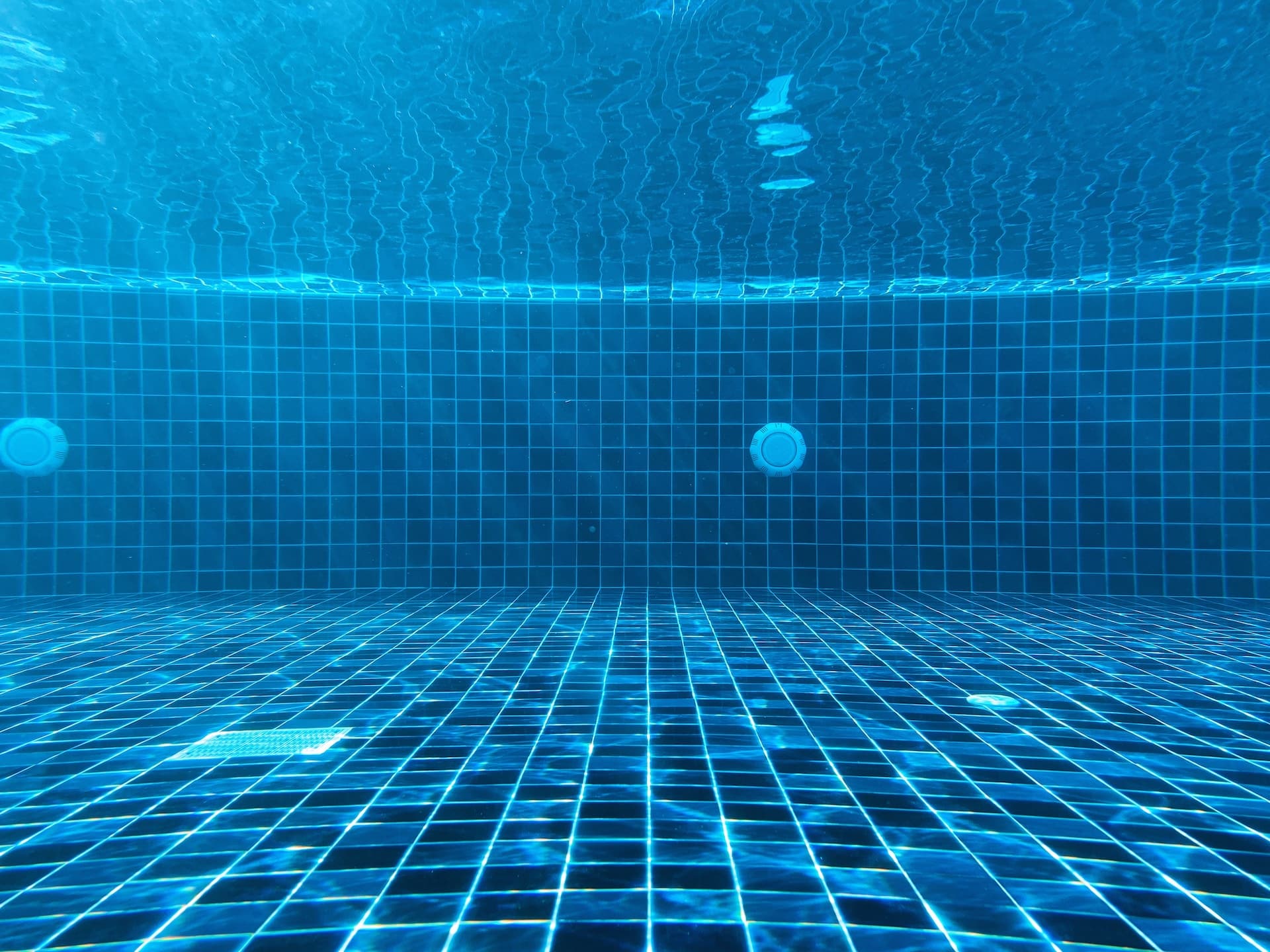Selecting the right type of pool for your home is a crucial decision that impacts not only the aesthetics of your backyard but also maintenance requirements and overall pool experience. In recent years, saltwater pools have gained popularity among homeowners seeking an alternative to traditional chlorine pools. While both options have their advantages and disadvantages, understanding the differences between the two will help you determine which pool type best suits your needs and preferences.
Del Rancho Pools, your premier provider of pool and spa services in San Diego County, is dedicated to assisting clients in making informed decisions on all aspects of their swimming pool projects. With our extensive experience in designing, building, and maintaining both saltwater and chlorine pools, our team is well-equipped to provide valuable insights and expert advice, ensuring you feel confident in your choice.
In this comprehensive blog post, we will delve into the comparison between saltwater and chlorine pools, discussing the pros and cons of each option in terms of sanitization, maintenance, cost, and comfort. As we shed light on the intricacies of each pool type, you’ll be better equipped to make a well-informed decision on the ideal pool for your backyard retreat. Trust Del Rancho Pools to guide you through this process, offering our expertise and commitment to excellence as we help you bring your dream pool to life.
1. Sanitization: Understanding the Basics
Both saltwater and chlorine pools utilize chlorine as a sanitizing agent to keep pool water clean and healthy. The key difference lies in the method of chlorine generation and distribution.
– Chlorine Pools: In traditional chlorine pools, you manually add chlorine to the water in the form of tablets, liquid, or granules. This method requires regular monitoring and testing to ensure chlorine levels remain within the recommended range for proper sanitization.
– Saltwater Pools: Saltwater pools use a salt chlorine generator, which converts salt into chlorine through a process called electrolysis. The generator consistently produces and distributes the required chlorine, maintaining appropriate levels to keep your pool sanitized.
2. Maintenance: Effort and Requirements
The ease and frequency of maintenance are essential factors to consider when choosing between a saltwater and chlorine pool.
– Chlorine Pools: Traditional chlorine pools may necessitate more hands-on maintenance, as they require frequent testing and adjusting of chemical levels. Regular addition of chlorine and other chemicals, such as algaecides and pH balancers, is essential to maintain water quality. Also, chlorinated pools may need more frequent cleaning, including brushing and vacuuming, to combat algae growth.
– Saltwater Pools: Saltwater pools often offer lower maintenance requirements due to their self-generating chlorine system. Although initial setup involves adding pool-grade salt, the salt chlorine generator maintains consistent chlorine levels, reducing the need for manual adjustments. However, it’s still necessary to monitor and maintain water chemistry, salt levels, and generator cell cleanliness.
3. Cost: Initial Investment and Long-term Expenses
When evaluating the costs associated with each type of pool, it’s crucial to consider both upfront costs and long-term expenditures.
– Chlorine Pools: Chlorine pools generally have lower installation costs due to their simpler setup. However, the expenses associated with regular chlorine and chemical purchases can add up over time, making them potentially more costly in the long run.
– Saltwater Pools: Installing a saltwater pool may involve higher initial costs, primarily due to the salt chlorine generator and its components. Nonetheless, saltwater pools may prove more cost-effective over time, as they require fewer additional chemicals, and the salt itself is relatively inexpensive.
4. Comfort: Swimmer Experience and Pool Feel
A pool’s impact on skin, eyes, and overall swimmer comfort is a vital consideration when choosing between a saltwater and chlorine pool.
– Chlorine Pools: Traditional chlorine pools can cause eye and skin irritation, primarily due to the higher amount of by-products (chloramines) that result from the reaction between chlorine and pool contaminants. Additionally, the strong chlorine smell associated with chlorinated pools can be off-putting to some swimmers.
– Saltwater Pools: Many swimmers find saltwater pools to be gentler on the skin and eyes due to their lower concentration of chlorine. Saltwater pools also offer a softer water feel and don’t produce the characteristic “chlorine smell.” It’s important to note, though, that salt can potentially cause corrosion of metal components and some pool surfaces over time.
Conclusion
The choice between a saltwater and chlorine pool depends on your personal preferences and priorities. Each pool type has its unique benefits and drawbacks, so it’s essential to weigh the factors that matter most to you, including sanitization, maintenance, cost, and swimmer comfort.
Del Rancho Pools is committed to helping you navigate this critical decision, providing expert guidance and support to ensure your dream pool fulfills all your expectations. As premier pool contractors in San Diego, our team is skilled in designing, building, and maintaining both saltwater and chlorine pools, guaranteeing excellence in every aspect of your pool project. No matter which type of pool you choose, Del Rancho Pools will strive to create a beautiful and perfectly tailored backyard oasis for you and your family to enjoy for years to come.
